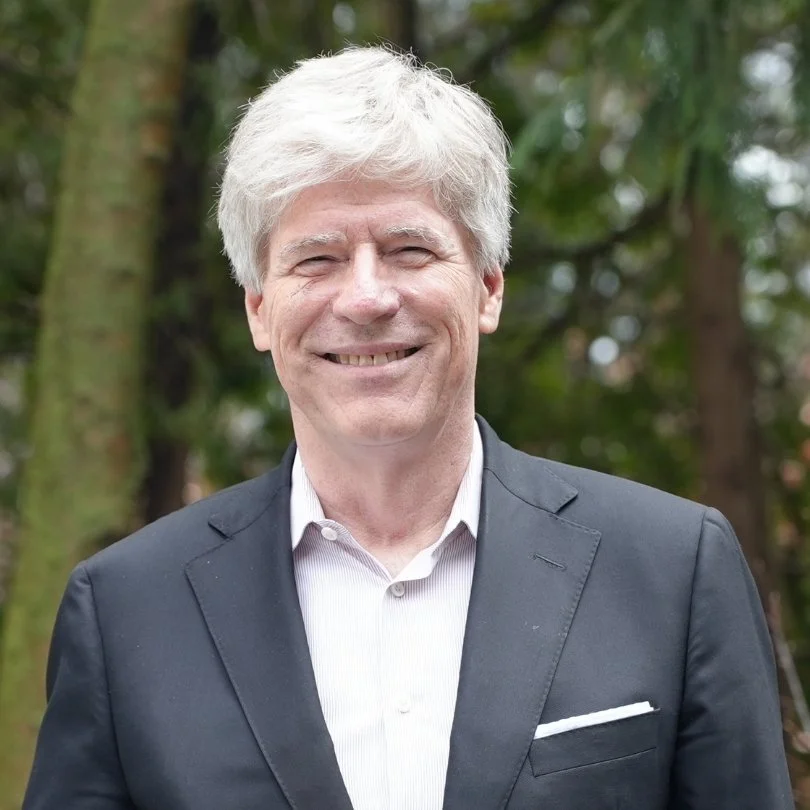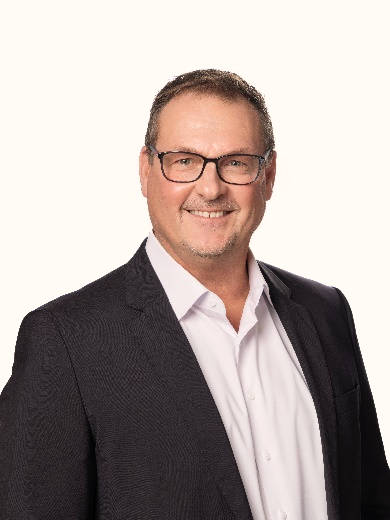New Energy Minister Hodgson ‘understands dealmaking’
TWITTER PHOTO
Former Goldman Sachs Canada CEO Tim Hodgson has “the most important portfolio” as Canada’s new Minister of Energy and Natural Resources, Walied Soliman, Canadian chair of Norton Rose Fulbright, told the Financial Post.
“He’s got the most important portfolio from a national unity perspective and he’s got the most important portfolio from an economic perspective. Which, in my view, gives him the most important portfolio in the entire cabinet,” he said.
Prime Minister Mark Carney has tasked Hodgson with repairing strained relations between Ottawa and the oil-producing provinces. Hodgson, 64, was elected earlier this year in the Toronto-area riding of Markham–Thornhill. His appointment signals the government’s intent to improve communication and accelerate energy infrastructure projects long mired in regulatory and political friction.
Accelerate projects
Hodgson brings decades of experience in capital markets and corporate governance, having served on boards including Hydro One and MEG Energy. He was also a special adviser to the Bank of Canada in 2010 at Carney’s request.
Western leaders have criticized Ottawa for delays and regulatory hurdles they say have stifled investment in oil and gas. Hodgson is expected to meet with premiers, Indigenous leaders, and industry stakeholders in Alberta and Saskatchewan this week.
“He understands dealmaking, he understands the economy, he understands corporate Canada,” said Alberta corporate director Ian Bourne. “It’s economically the right thing to do… and I think he’s very capable of that.”
‘Seen it all’
His board work during the oil price crash of 2015 earned him credibility in Alberta’s energy sector. “He’s seen it all and he understands it all,” said Deborah Yedlin, CEO of the Calgary Chamber of Commerce.
The Business Council of Alberta welcomed the appointment. “No longer will we turn allies away empty handed when they ask for our energy resources,” said president Adam Legge.
Hodgson said he intends to act quickly. “I look forward to digging in; we have a lot to do,” he told reporters after being sworn in.
‘No more five-year reviews’
All new major projects in Canada will have a two-year review window, says Hodgson. “No more five-year reviews,” Hodgson said. “Decisions will come in two years for all projects.”
Speaking to the Calgary business community Friday, Hodgson said he wants to position Canada as a “conventional and clean energy and natural resources superpower.”
The creation of a federal major projects office to expedite approvals for key national developments will act as a “single window for permits,” replacing the current patchwork of federal departmental oversight. Hodgson said the goal is to “cut through red tape” and bring clarity and speed to nation-building projects that are essential for economic growth, energy security, and global competitiveness.
“Canadian energy is not just about domestic prosperity, it’s a tool for global stability and transformation,” he said. “It’s high time we trade more with people who share our values, not just our borders.”
Hodgson emphasized the government's plan to collaborate with provinces, industry, and Indigenous communities to diversify exports and unlock Canada's full resource potential. “Every barrel of responsibly produced Canadian oil and every kilowatt of clean Canadian power can displace less clean, riskier energy elsewhere in the world,” he said.
Highlighting the importance of Alberta’s oil sands, Hodgson called on provincial leaders and industry partners to make good on their commitments. “This government will not be a government of talk, but a government of action,” Hodgson stated. “We need the same from our partners in the province of Alberta.”
The plan extends beyond oil and gas. Hodgson outlined forthcoming investments in emerging energy sectors including hydrogen, geothermal, advanced biofuels, renewables, and nuclear power—technologies he described as “scalable, exportable solutions with rising global demand.”
A key element of the strategy is the development of a pan-Canadian electricity grid, connecting provinces and territories to enable more reliable and sustainable power supply. “Our future depends on integrated electricity grids,” Hodgson said, noting discussions with provincial leaders to initiate east-west transmission projects. “One economy, not 13.”
On critical minerals, Hodgson pledged to develop vertically integrated domestic supply chains for key materials like lithium, nickel, cobalt, and uranium, bolstered by infrastructure investments through a new “first and last mile fund.” “We need to do more than just dig. We need to process and refine here at home and export to the world,” he said.
Hodgson also addressed the forestry sector, acknowledging the economic hardship caused by U.S. duties on Canadian lumber. “While we continue to work towards a long-term solution, we will use more Canadian wood at home to address Canada’s housing and other building needs,” he said.
Responding to U.S. trade pressure under President Trump’s tariff regime, Hodgson struck a defiant tone: “We did not ask for this trade war, but if we are going to be in a trade war, we are going to win. We are going to win because we are one, and we are Team Canada.”
He added that Canada must build infrastructure and trade relationships on its own terms: “The old economic relationship with the United States is over. We need to accept that. We need to prepare to compete as Canadians on our terms.”
Throughout the speech, Hodgson portrayed the new economic strategy as a national imperative. “This is not a time for half measures or slow steps,” he said. “It’s time for bold action, clear decisions, and a renewed spirit for building.”
Closing on a personal note, Hodgson reaffirmed his commitment to workers across Canada. “You are an integral part of Team Canada. You make Canada strong,” he said, drawing from his own upbringing in the prairies and experience in the business world. “A strong Canada needs a strong Alberta.”





